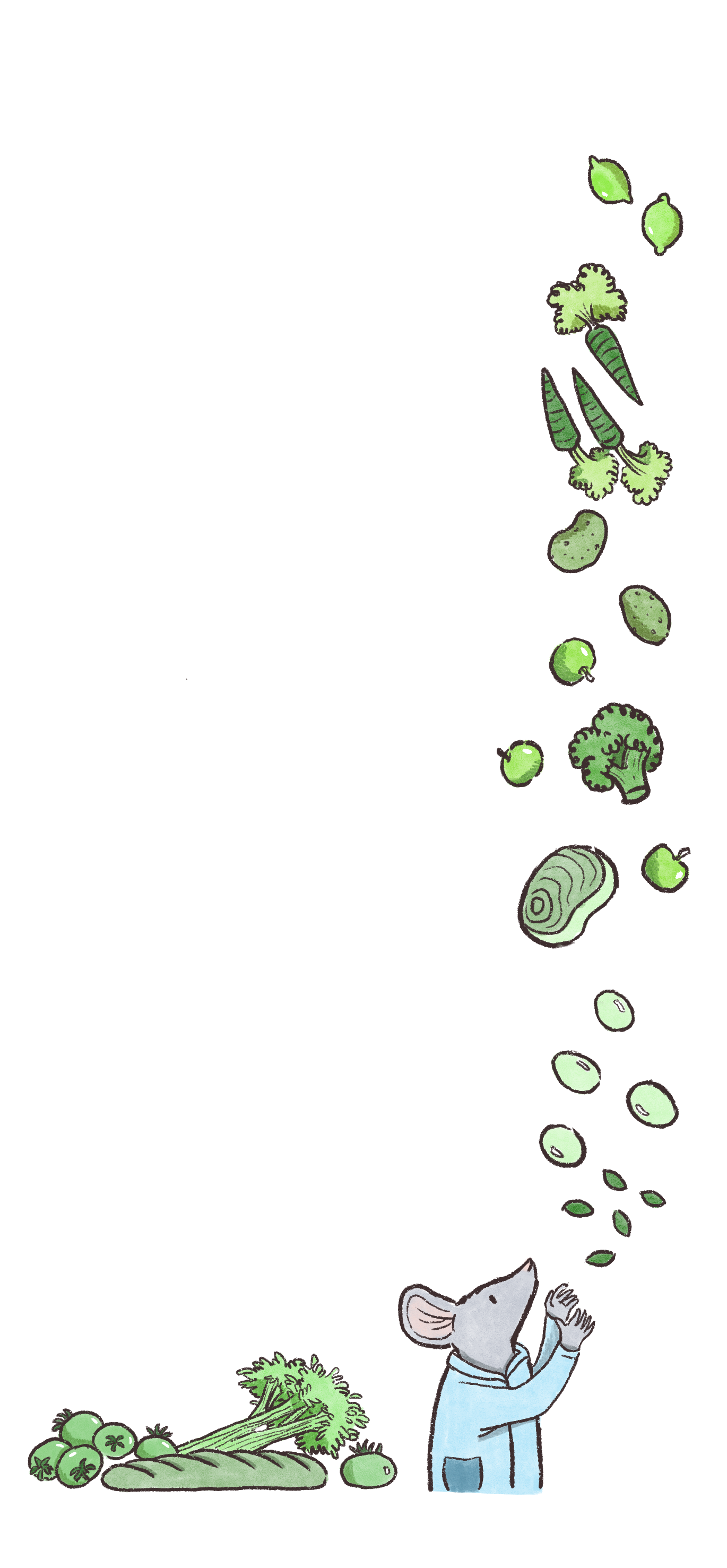Food
Video credits: UN Environment Programme, published on May 10, 2016
What have you learnt from this video? How could the food system change to be more sustainable?
Do!
Try to estimate how “green” your plate is – both for your health and the environment. Use this website to learn about the CO2 emission of different meals and do the final quiz. How well did you do? Comment the three most important things you’ve learned from this task.
Challenge yourself to plant your favourite herbs or vegetables in a few pots at home, on the balcony or the window sill. Urban or home gardening provides environmental benefits! If you cannot do this, try to buy local produce on your next trip to the shop.
Educate!
Invite your friends over for a low carbon potluck dinner (potluck is a type of a community meal/get-together where every invitee prepares and brings a dish for everyone to share). The golden potluck rule: every individual should make and bring approximately the amount of food they can eat themselves – in this way no food will be left over, which also means: no waste! You can also discuss the CO2 emission of your everyday food and find ways how to make your daily plates greener!

Much of the food that lands on our plate travels from across the world. European demand for beef and soy for instance, has been outsourced to South America, and is one of the main contributors to deforestation and the destruction of the Amazon. This is contingent on our diet, but also on trade deals, such as the controversial EU-Mercosur agreement.
https://www.opendemocracy.net/en/can-europe-make-it/time-ticking-stop-eu-mercosur-trade-deal/
For recipe ideas and shopping tips check out A Daily Plate of Peace and Non-Violence (guide and cookbook) - https://www.sci-d.de/sites/default/files/cookbook_web_0.pdf
Toward Rational, Authentic Food Choices (TEDTalk by Melanie Joy) - https://www.youtube.com/watch?v=o0VrZPBskpg
Urban Gardening:
Beginner’s Guide to Indoor Gardening - https://blog.backtotheroots.com/2018/05/17/beginners-guide-to-indoor-gardening/
The community gardening movement - https://www.foodwise.com.au/the-community-gardening-movement/
Discover how to set up a vegetable garden at home and what the advantages are - https://www.iberdrola.com/social-commitment/what-is-urban-gardening


We live in different realities in the world, while some are concerned with fats, sugar, salt and meat, others suffer from malnutrition due to the lack of these foods.
Here in Mozambique and some African countries, some populations only eat vegetables, but this is due to lack of meat, fatty foods, sugar…,
There had to be strategies for universal food balance, Africa is the only continent that pollutes the environment least.
Firstly, there is an urgent need for global food limitation. This is so because our food, which is too rich in fat, sugar, salt and meat, is causing harm effects on our health and environment. Secondly, our food system needs to be re-examined and transformed accordingly. And lastly but not the least, our natural resources are under pressure and hence the need for stakeholder engagement to find consensus on the notions of producing differently and eating differently.
Warning: Attempt to read property "roles" on bool in /home/kfw85scw/public_html/wp-content/plugins/sfwd-lms/themes/ld30/templates/focus/comments_list.php on line 37
1. Food limitation provoked by among other reasons the fact that our food is too rich in fat, sugar, salt and meat, the components which have harmful impact on health and the environment.
2. There is an urgent need for adjustments to be made on our food system in order to ensure health food and reduction in environmental impact.
3. The need for stakeholder engagement so that consensus can be reached on the need to produce differently and eat differently.
One of the ways to change consumers behaviour is to support people eat less meat. In Belgium there is a popular initiative called Thursday a veggie day, which encourages people to eat vegetarian food at least once a week. Apparently, 1 in 2 Belgians want to eat less meat but do not know how to start. This initiative helps people set their way, informs about the environmental aspects of our diets, gives them recipes and also lists vegetarian/vegan friendly places to eat out.
Warning: Attempt to read property "roles" on bool in /home/kfw85scw/public_html/wp-content/plugins/sfwd-lms/themes/ld30/templates/focus/comments_list.php on line 37
Sensitization is key. Consistently reaching out to everyone on health implications of this on humans and the environment is always necessary. It’s a process that takes time to yield required results but sure works.
health implications of this on humans and the environment is always necessary. It’s a process that takes time to yield required
One of the ways to change consumers behaviour is to support people eat less meat. Bring programs on how to have a balanced diet, people must be taught how to preserve nature and ensure that knowledge is shared in a balanced way
It is interesting to get to know how the procesos and upkkeeaince from the food makes a difference on the levels of CO2 emitted into the environment. Though still It is good to think that behind thosr more consuming procesos are families that Live from that process, so may be science and technology could think off on ecofriendly ways of using Resources more efficiently to allow ll people preserve their living Styles